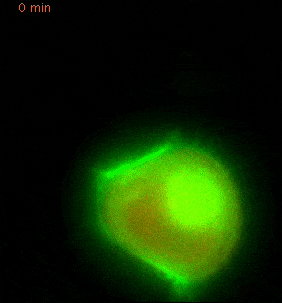Metastasis is a major challenge in the clinical outcome of cancer patients. During metastasis, cancer cells leave their home niche, migrate, and adapt to a completely new environment. This cascade relies on intensive cooperation between cancer cells and their environment, which composed by diverse stromal cells.
By incorporating increasingly quantitative and high-throughput methods (Moba-seq*), powerful synthetic biology tools (G-baToN**), and multiplexed in vivo mouse models, the Tang lab intends to uncover general rules that govern cancer cells communicating with their neighbor stromal cells during the metastatic cascade with the ultimate goal to discover novel therapeutic targets across the continuum of cancer progression, including the lethal metastatic stage.




Currently, our lab peruses answers to these three questions:
1. How do cancer intrinsic factors cooperate with endothelium environmental inputs to determine metastatic seeding, dormancy escape, and clonal expansion?

2. In the initial stage of metastatic seeding, how do direct interactions between cancer cell and diverse stromal cells change stromal cells’ states and eventually build a pre-metastatic niche?

3. In an established metastatic tumor, how do cancer driver mutations create a genotype-specific immune-microenvironment that determines immune cell infiltration, activation, and the efficacy of immune therapies?
